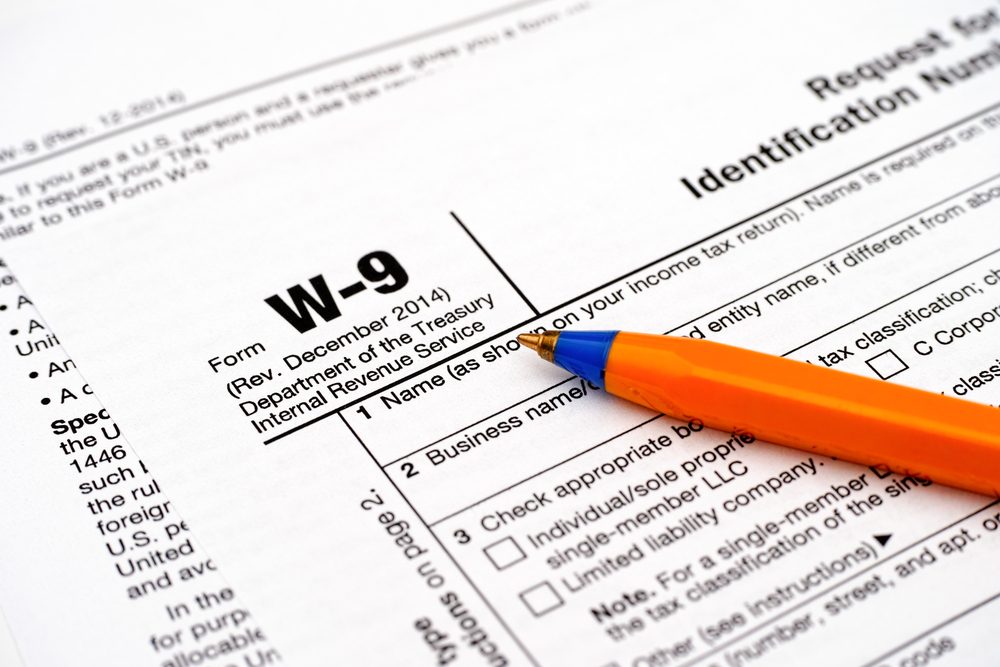
{Read in 4 Minutes} As a Trusts and Estates attorney, I frequently represent Executors and Administrators of Estates. After we have filed a petition in the Surrogate’s Court, and they have received Letters, we are often in a position to talk about what happens next.
However, there’s one very important thing that needs to be tended to pretty much immediately.
What is this thing? Well, it’s simple. The Estate needs a taxpayer identification number (TIN) — also known as an employer identification number (EIN). Much like a person transacts business and owns assets using their Social Security number, the Estate needs some sort of identifying tax number to transact business. This will be necessary when collecting accounts, and assets, opening a bank account in the name of the Estate, dealing with creditors, filing tax returns, or selling real property. Without getting a TIN, the Executor or Administrator is going to be hard-pressed to accomplish much else.
The process of obtaining a TIN/EIN is relatively simple. The Internal Revenue Service issues them, and you can obtain them in one of two ways:
1. You can fill out form SS-4 online. This is the formal-written application that the Executor can complete, print out, sign, and send to the IRS. They will then review the form and, if it’s filled out correctly, issue the EIN to the Estate by return mail.
2. More commonly, you can apply for an EIN/TIN online. The vast majority of attorneys and accountants now help their clients get these EINs/TINs online, which is almost instantaneous. The IRS will issue the number electronically and provide a PDF letter confirming the new number issued to the Estate. If you are applying online, note that there are certain hours during which the website is unavailable, which you can see by clicking on the link.
Regardless of whether you choose to apply via mail or online, there are certain things that you are going to need.
First, it’s a good idea to have a death certificate handy. This has all the particulars about the deceased that you will need, name, address, Social Security number, etc.
Second, you will need your own Social Security number. The IRS will ask for this for the Executor or Administrator.
Third, you’ll need to give a phone number to the IRS. In almost 20 years of practice, I’ve never seen them call anyone, but still, they will ask, so pick which phone number you’d like them to have.
Fourth and finally, you need to have a sense of whether the Estate is going to hire any employees (not people who do work for the Estate, like an attorney or an accountant or an Executor/Administrator, but rather people who would be full-time employees of the Estate, such as if the Estate is going to operate an ongoing business). This is usually uncommon, but not unheard of.
Once you have all this information collected, you can apply. The whole process should be relatively straightforward and you, as an Executor and Administrator, can very quickly obtain this information and move on to the next steps of administering an Estate.
For more information on this topic, please contact me.
